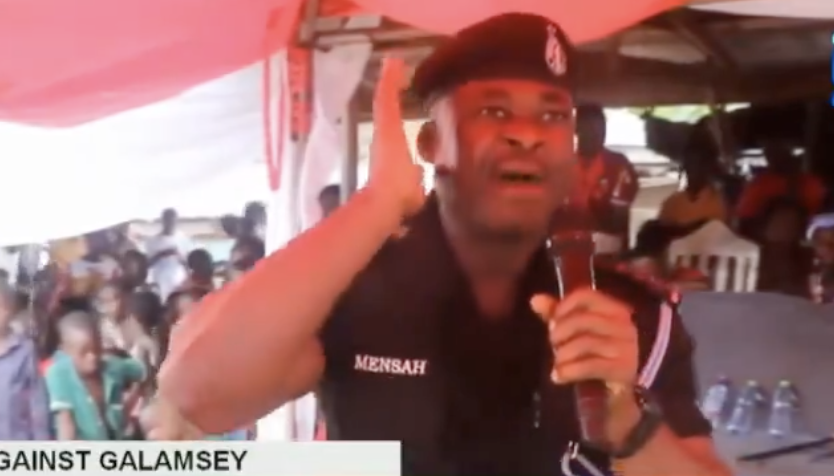
The Aowin District Police Commander, Isaac Owusu Mensah, has expressed frustration over the difficulties in prosecuting illegal miners, allowing their activities to fester into an existential threat.
He cited significant delays from the Attorney General’s office in handling cases, noting that these hold-ups have become a major barrier to effectively addressing illegal mining activities and ensuring timely justice.
Speaking at the inaugural Environmental Stewardship Day and the launch of Jama’s anti-galamsey advocacy, DSP Owusu Mensah highlighted that political figures and traditional chiefs often use their influence to secure the release of illegal miners. He emphasised that this interference is significantly undermining efforts to combat illegal mining activities in the region.
‘’A couple of times, arrests have been made. While you are preparing your docket, there’s an order for you to go on a different target and it is not easy. A couple of times arrests have been made and someone will bump into you with a phone call saying, 'Oh, I am the party chairman of so and so, I am the organiser of so and so,' and the person will start to threaten you that this is our town if you like, go this way,’’ the Police Commander lamented.
He also pointed to delays from the Attorney General’s office, following the President’s directive that the police should no longer directly prosecute arrested illegal miners. According to DSP Owusu Mensah, these delays are hampering the effectiveness of their efforts in the fight against galamsey, making it difficult to hold offenders accountable in a timely manner.
‘’In as much as the police are fighting hard to eradicate the menace, with all the evidence that we have to proceed to the law court, the state will tell you to seek the consent of the Attorney General and sometimes the Attorney General will even take over the case,’’ he lamented.
In response to the Stop Galamsey protest and threats of strikes from key institutions, the government has intensified its efforts to combat illegal mining. This includes deploying military forces to mining areas, increasing surveillance of water bodies, and imposing stricter penalties on offenders.
The government has also engaged traditional leaders, local communities, and civil society to foster a collaborative approach. However, progress has been hampered by delays in prosecuting illegal miners, following the President’s directive that the police should no longer handle prosecutions directly.
Additionally, allegations of political and traditional interference in securing the release of arrested miners continue to undermine efforts, despite public outcry and pressure from groups like UTAG for more decisive action.
Read Full Story

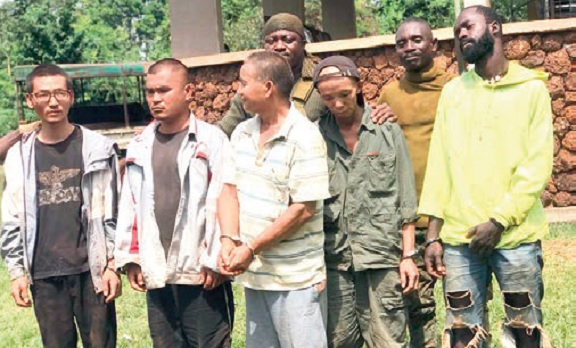

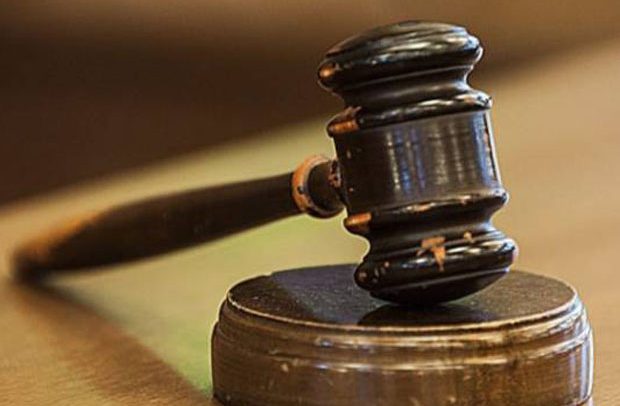

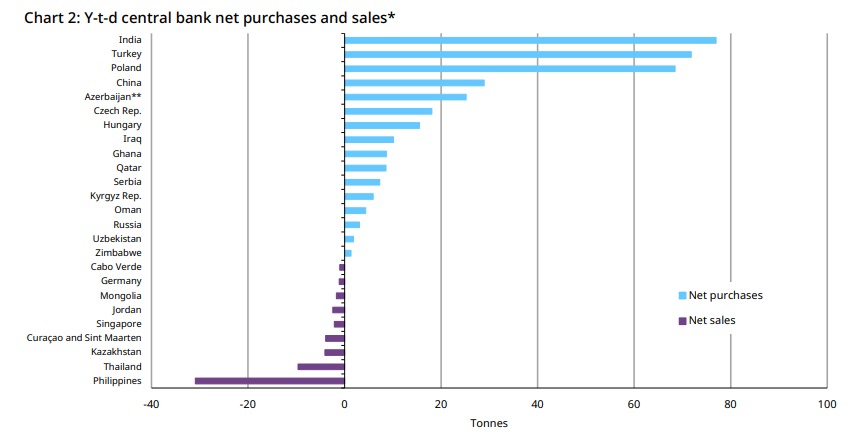
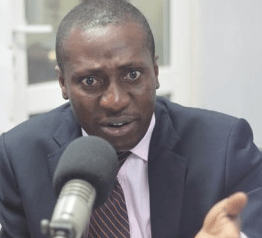


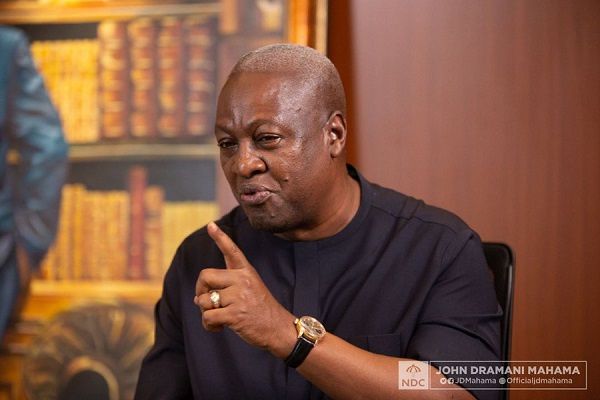
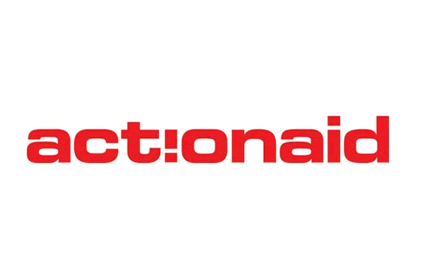


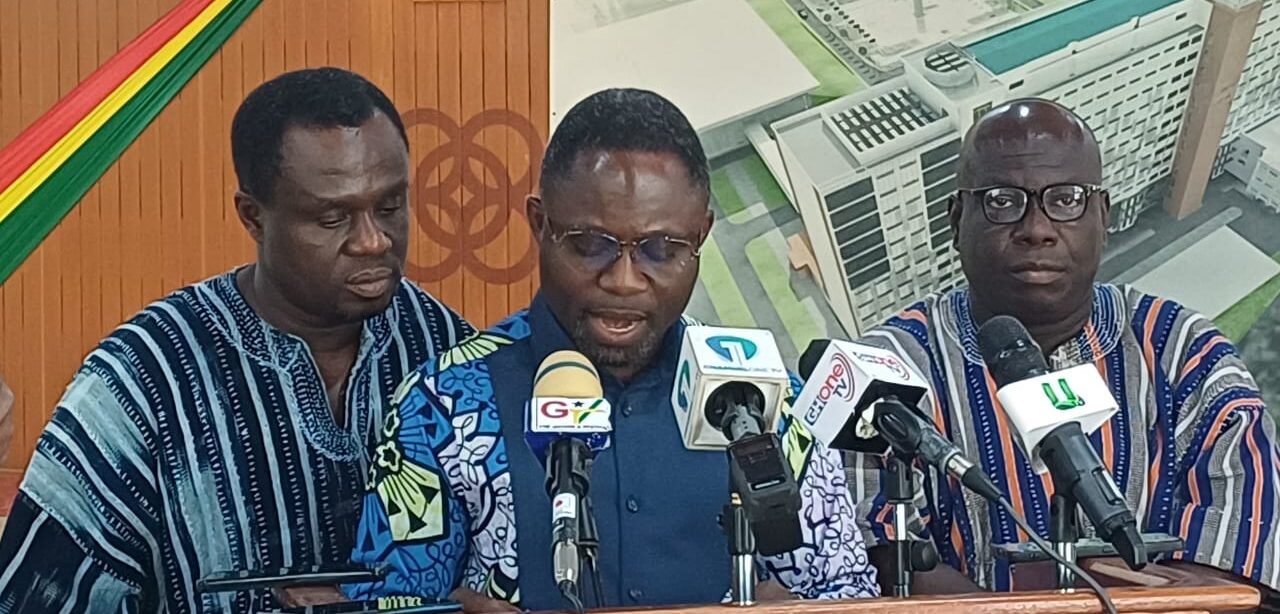

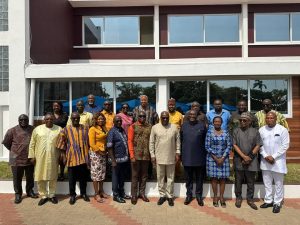
Facebook
Twitter
Pinterest
Instagram
Google+
YouTube
LinkedIn
RSS